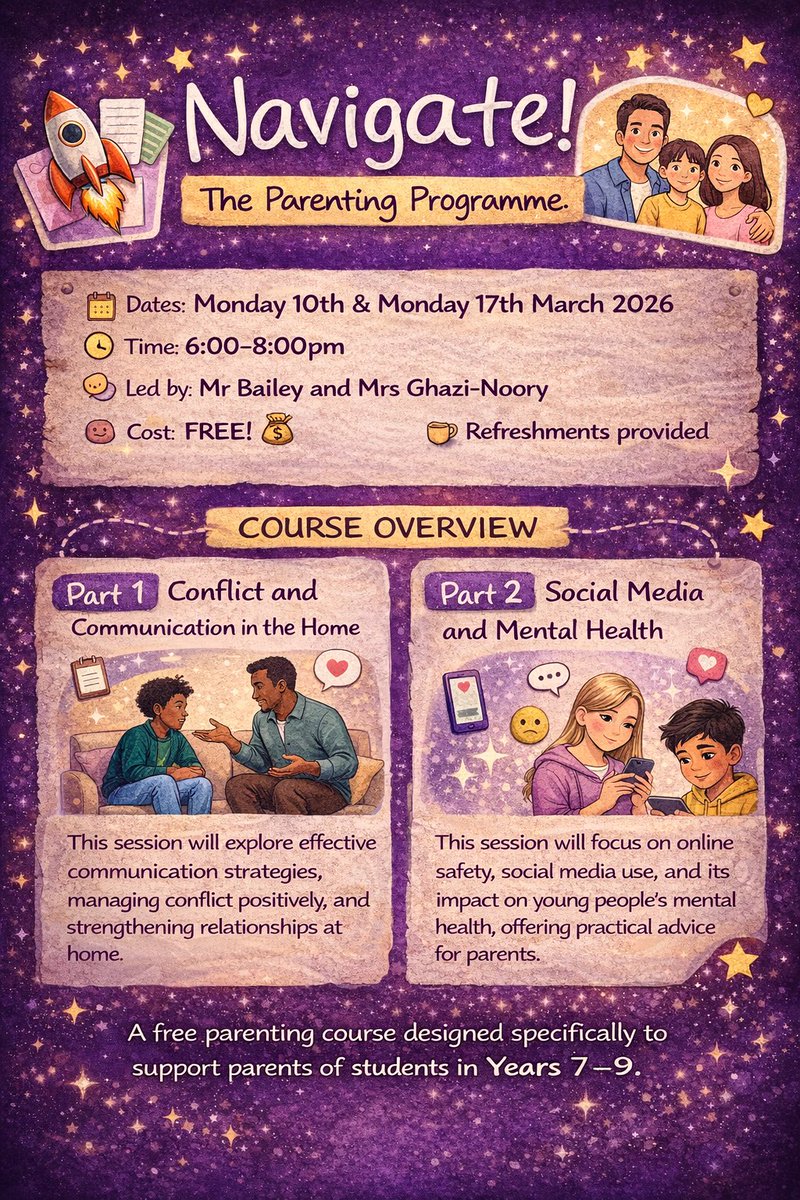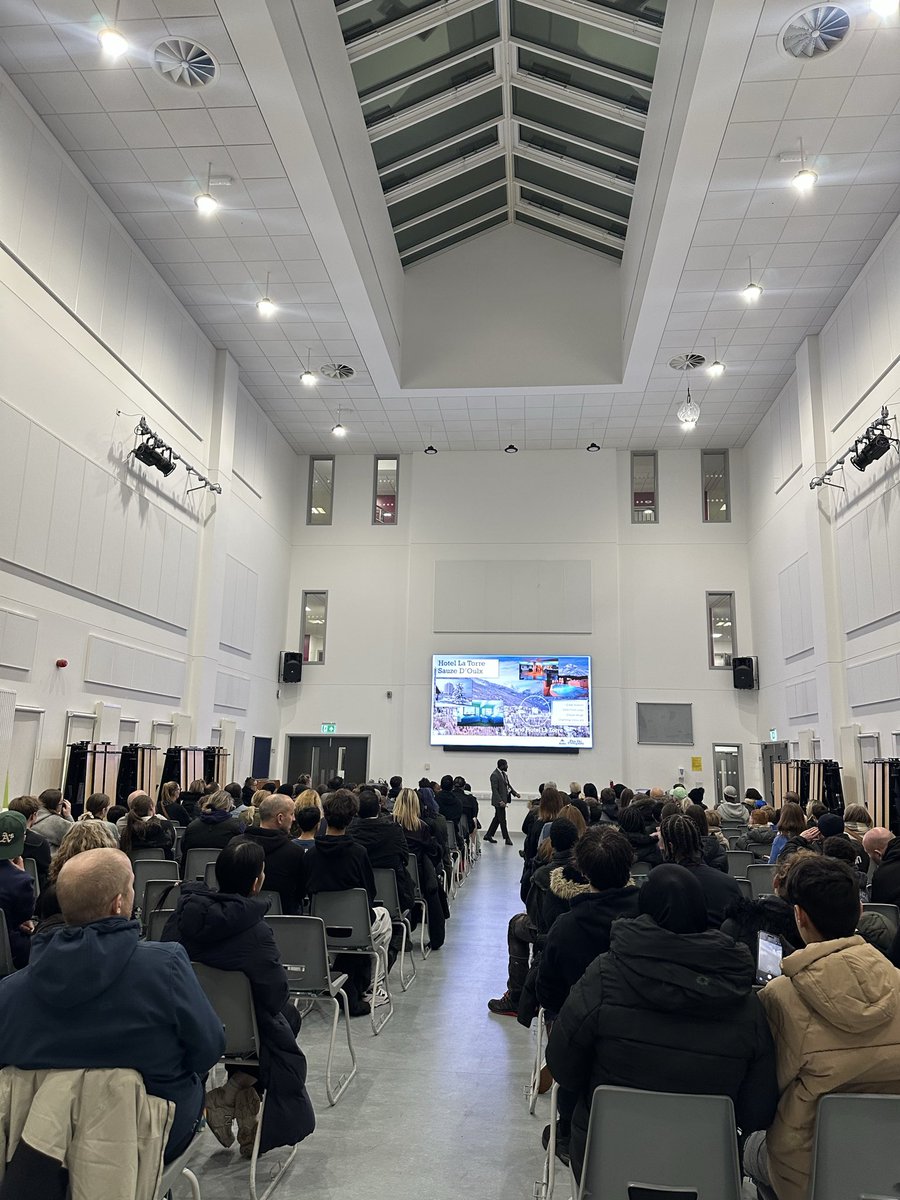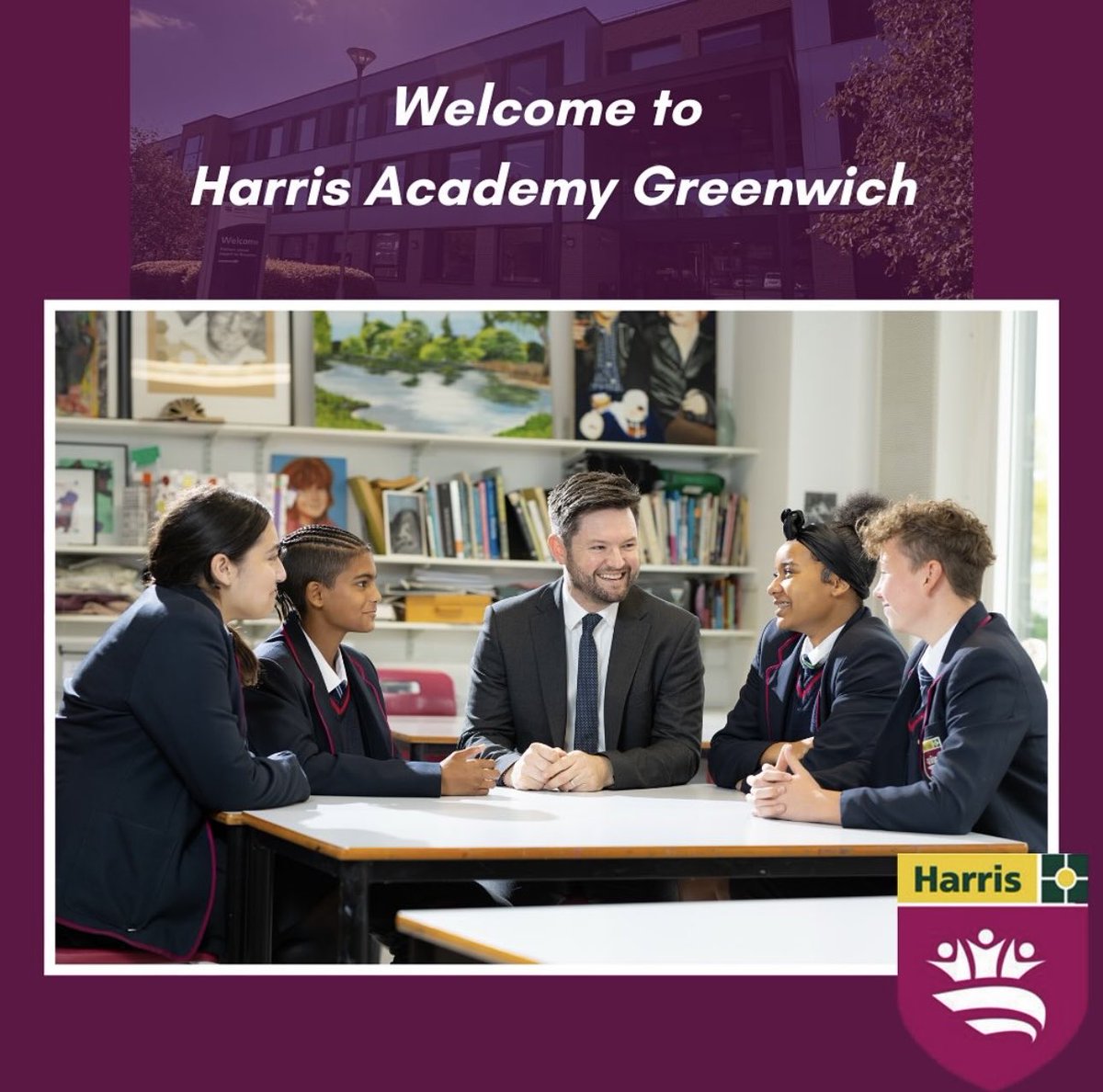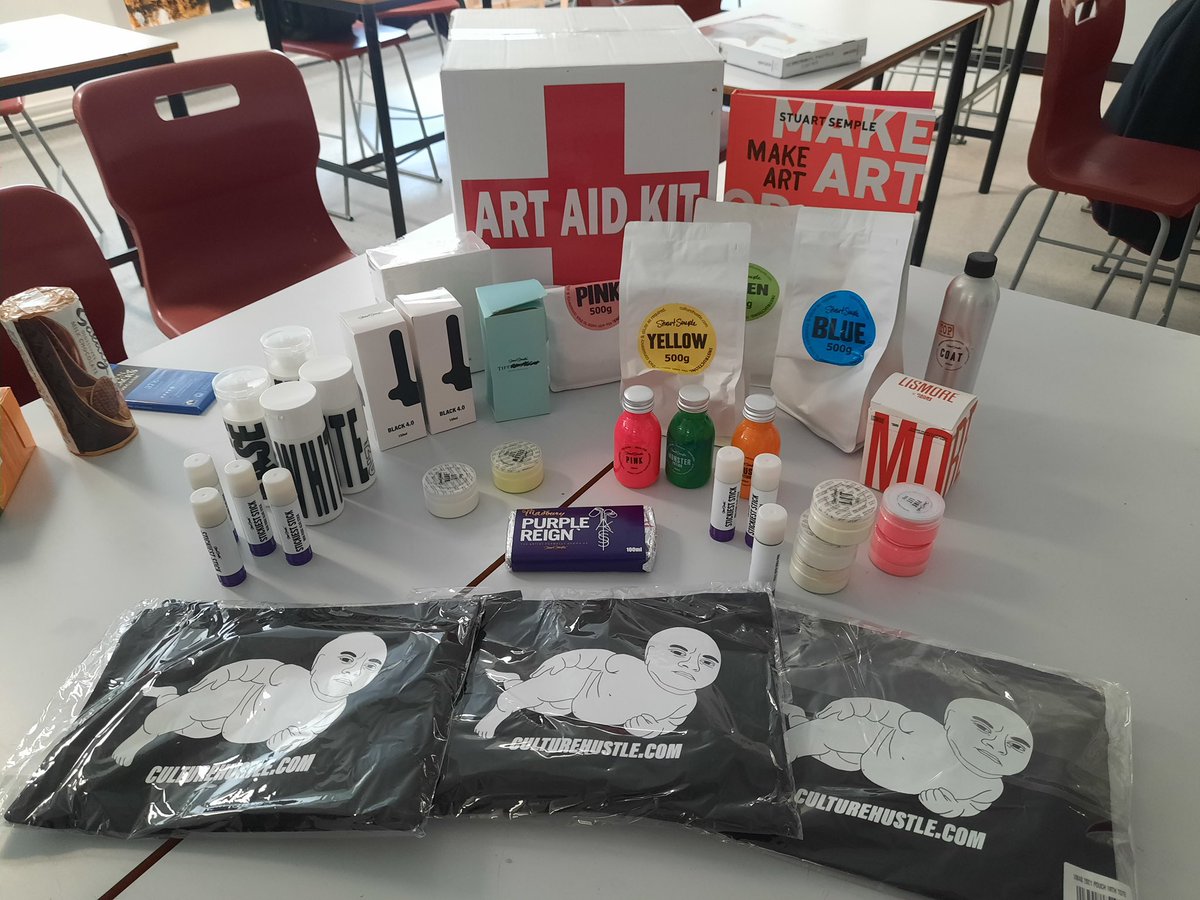Music
Music Curriculum Narrative
“Music is a world within itself. With a language we all understand. With an equal opportunity.”
Music is powerful and essential to our existence as human beings. It speaks to our emotions and connects our heart and mind. Our music curriculum was born out of the vision that we hold in Performing Arts: promote creativity, promise inclusivity and pursue excellence. We firmly believe that every child has the right to an excellent musical education and that music is able to offer academia, fun and expression of both oneself and a community.â¯
The study of creative subjects, like Music, is becoming even more important and relevant to young people who want to be successful. When business leaders across the world were surveyed, they voted creativity as the most important workplace skill to help their businesses survive and grow. Our curriculum offers our students musical knowledge and skills which in turn, allows creativity to grow, be nurtured and thrive.â¯
To study music is a meaningful and gratifying experience on many levels. The mixture of creativity, discipline, and communication that the study of music requires helps students succeed in school, in society, and in life. It enhances learning skills, communication skills, creative thinking, teamwork, discipline, cultural awareness, respect for others, and self-esteem through personal accomplishment.
Practical music making is at the heart of what we do in KS3 and all of our schemes allow our students to fully engage with developing the three disciplines of music; performing, composing and listening. We offer a rich curriculum that immerses students in historical context and music making. Soft skills are promoted and explicitly taught to foster resilience and independence.
As composers, performers and listeners, students are able to differentiate between a vast spectrum of genres and become assured in the art of music making. By the end of their time here at HAGR, whether that be at Year 9, Year 11 or Year 13 students will have had a fully rounded and broad experience of performing, composing and appraising music from all over the world.
KS3
Year 7 – Sing Up - Stomp - African Music - Keyboard Skills - Music Technology
Our newest members to the school start their journey with an exciting singing scheme culminating in the ‘Sing Up Concert’ which showcases their hard work to friends and family. We then study rhythm; focusing on notation in ‘Stomp’, musical theory through the keyboard skills scheme exposing students to music by Mozart, Bob Marley and Ben E King and then into African Music where we explore call and response, vocal methods and traditional African instruments. We arrive at the Music Technology suite to experience modern day musical production using ‘Logic Pro’ - an industry standard programming tool. Alongside these schemes we learn and constantly consider the fundamental building blocks of music incorporating dynamics, rhythm and pitch into all performance, reflection and discussion.
Year 8 – Samba - Guitar – Pop Conventions - Gospel - Carmina Burana – Descriptive
The journey continues with an immersive year into instrumental exploration with students trying their hand at an array of musical instruments whilst continuing to add to the building blocks of knowledge. Students build on their knowledge of performance in year 7 keyboard skills by being introduced to the challenge of performing together and learning crucial ensemble skills during the ‘Pop Conventions’ scheme offering up performances of the different eras they have studied. We study drums, guitar, keyboards and vocals during this year and tackle pieces by Van Morrison, Bruno Mars, Chuck berry and Rogers and Hammerstein always considering the ways in which the musical elements such as dynamics, structure and tempo have helped shape the music. In Music Technology students further their experience of year 7 by completing sequencing projects in Samba and Carmina Burana.
Year 9 – Haydn – Oratorio – Duets, trios and Quartets - Dance music – Jazz – My Music Comp
In Year 9 students sharpen their focus by choosing one preferred instrument to specialise in and continue to develop their skill and understanding of the instrument practically through the Jazz, Ensemble and Composition schemes. They further their skills on music technology in a sequencing project on Haydn’s Trumpet Concerto and Dance music demonstrating the broadness of offering here at HAGR. We also delve into the classical world of Oratorio through Handels ‘Messiah’ and the year culminates in a practical composition project where students prepare a solo performance on their chosen instrument working on incorporating musical elements such as dynamics, pitch, tempo and structure into their final performances.
KS4
Our 2 year GCSE with OCR offers a great blend of practical, theoretical and technological study. With a 60/40 split between practical coursework and written exam respectively, students will continue to master skills in performance and composition alongside developing their musical knowledge and theory in topics which vary from Punjabi Bhangra to Classical concerto to Samba. Half of the coursework is computer based where students compose, sequence and create their own compositions and solos using Logic Pro in our Music Technology computer suite. The course is well rounded albeit with a slight leaning towards the more practical side of music.
Year 10
We start year 10 with independent solo performance study where students develop their playing and performance skills through wider research and deliberate practice into new performance techniques specific to their instrument. Exposure to more challenging pieces of music through focused rehearsal and practice time culminates with students deciding on their pieces for the solo performance coursework. Theory lessons delve into the ‘Rhythms of the World’ area of study moving through into ‘Pop Conventions’ as the year progresses broadening students’ knowledge of world music and developing their listening and appraisal skills. Composition skills are addressed after Christmas when we start the ‘My music’ composition based on their solo instrument. The year ends with rehearsal time split between solo and composition coursework, knowledge checks and recall and listening appraisal practice.
By the end of year 10 students are well practiced listeners and appraisers across two areas of study and⯠accomplished musicians with two sets of coursework ready for recording in year 11.
Year 11
The second year introduces students to working in ensembles and creating music together for their third piece of coursework. They look at the importance of ensemble skills and being musically aware of other musicians; playing dynamically sensitively, keeping to structure and form and the importance of focused, meaningful rehearsal in order to achieve a high standard performance. In theory lessons, we address the ‘Concerto through time’ area of study looking at Baroque solo and Grosso concerto through to the Romantic period. Students learn about the composers and the musical characteristics associated with each style. We then move through to looking at descriptive music composing musical motifs to represent emotions and feeling and identifying each motifs own individual themes and traits. After Christmas, students start their final piece of coursework to a set brief. Drawing on skills and knowledge procured so far, students compose and develop a composition around the stimulus and on either their practical instruments or through music technology. The year comes to an end with revision prep for the final exams. Students finish year 11 having achieved a well-rounded knowledge world music, pop culture and performance experience allowing them to either take music further in an education setting or direct into the industry as a performer.
KS5
The study of Music at A-level challenges students to build on their experience of performing, composing, listening and analysing a range of musical genres gained in Year 11. Students develop their musical finesse by delving deeper into a series of more complex and demanding musical pieces and focus on creating their own music across a range of genres including rock and pop music, musical theatre, jazz, twentieth and twenty first century music and the western classical tradition. Students develop their performance skills, composing ability and listening and analysis skills through the course, the assessment of the course falling into these categories respectively;â¯Performing (35%), Composing (25%) and Listening (40%). Over this two year course, students explore a vast canon of music from Haydn’s Symphony No. 104 in D major to musical theatre and jazz and Mendelssohn’s Symphony No. 4 in A major to rock and pop music alongside mastering their practical and technical abilities on their chosen instruments preparing them for the music industry or further study in Music. The curriculumâ¯develops their own musical ability and student's ability to critique and reflect, offering opportunity to analyse musicians and genres of choice to develop their own styles.
â¯
Year 12
The first year is spent developing analytical skills of set works including Haydn’s Symphony No. 104 in D major, 'London' and Mendelssohn’s Symphony No. 4 in A major, 'Italian'. Learners are required to study the development of the symphony. These works are chosen to help students develop as effective, independent learners and as critical and reflective thinkers with enquiring minds. Students must demonstrate knowledge and understanding of how musical elements such as structure, tonality and texture are used in the symphony and learn how toâ¯identify and employ musical devicesâ¯such as sequence, figuration and ornamentation within the set works and critique the effect of different stylistic choices. For performance, students will develop effective rehearsal habits with instrumental practice and development as the main focus, honing their craft by working with peers to critique pieces and develop their instrumental ability together.â¯Through practice, students foster effective rehearsal and performance practice habits to nurture their musical potential and further develop their musical ability. By the end of year 12 students will be able to analyse and experiment with different styles and musical genres and compose and perform in the style of the music studied to broaden their understanding of the musical canon.
Year 13
For performance, students will further develop their knowledge and understanding of the skills needed to communicate effectively as musicians through continual practice and reflection in preparation for choosing and perfecting their performance pieces for assessment. They will continue developing composition skills, focusing on the uses of musical devices and conventions in preparation for composing a free composition and composition to a set brief. They will develop further musical analysis looking at how music is created, developed and performed for different audiences in either; Into the Twentieth Century or Into the Twenty-First Century Areas of Study. The year culminates in exams in all areas. By the end of year 13 students will be seasoned critics and formidable instrumental players.
The skills and knowledge acquired through studying Music at HAGR leaves students confident, capable and ready to take on any challenges that may lay ahead of them, whether that be in or out of the music industry.





















